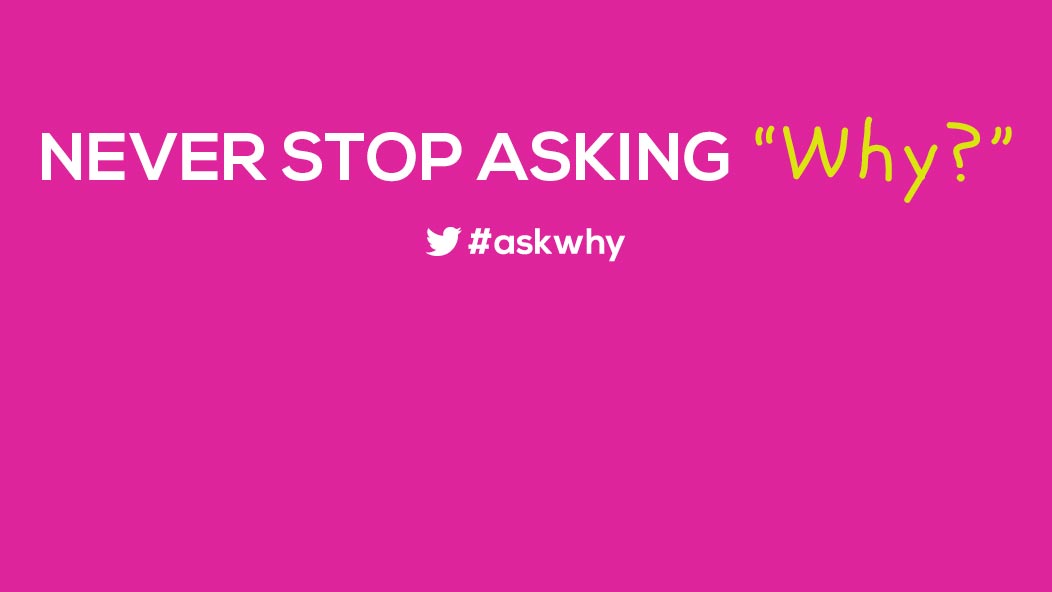
“Yawwwwwwwwn!”
Did you yawn when you read the word above? Do you yawn when you think about yawning? Do you yawn when you see someone else yawn? If so, you’ve probably wondered why this happens. While scientists don’t have a concrete answer to this question, there are quite a few ideas being researched. We discuss three of those hypotheses with help from Ted-Ed.
Hypolthesis 1: empathic yawning
What we do know is that contagious yawning begins at four or five years old. At this age, children are beginning to learn how to properly identify others’ emotions. If this learning process relates to the development of contagious yawning, this phenomenon might be called empathic yawning instead. The idea of the empathy yawn is that we yawn in response to others’ yawns because we understand how they are feeling and are able to partake in their emotion.
Hypothesis 2: non-conscience mimicry
Another hypothesis being researched by some scientists is non-conscience mimicry, also known as “the chameleon effect.” This occurs when one person imitates a behavior without knowing it. The behavior might be a mimicked yawn, leg cross, arm fold or lean. These unintentional behaviors can be explained by the mirror neurons that help us learn physical behaviors. These neurons fire when someone performs an action, so that we might be able to do the same action more accurately. Scientists have found that when we see someone else yawn, the area of the brain that houses our mirror neurons lights up.
Hypothesis 3: fixed action pattern
The third hypothesis for contagious yawning is called fixed action pattern, or a sequence of behavioral acts triggered by a specific stimulus. In other words, contagious yawning is really just a domino effect. When one person yawns it triggers a sequence of yawns among those in the surrounding area.
In a recent study to test this hypothesis, scientists not only discovered that dogs yawn after just the sound of a yawn, but they also yawn more frequently in response to their owners’ yawns than to strangers’ yawns. If dogs, like humans, feel empathy, this finding might provide more evidence for the empathy yawn. If we are more empathetic to those we know than those we don’t know, then we would also yawn more frequently in response to those yawns we know than those we don’t know.
Now, be honest, how many times did you yawn while reading this post?









